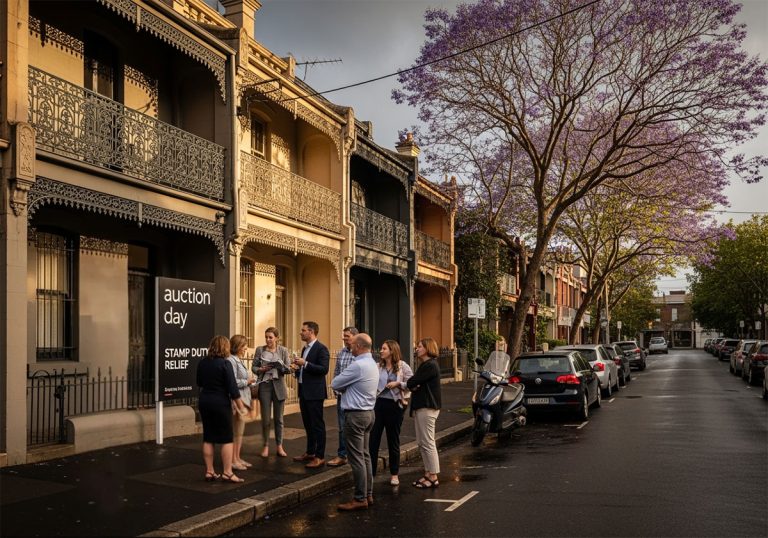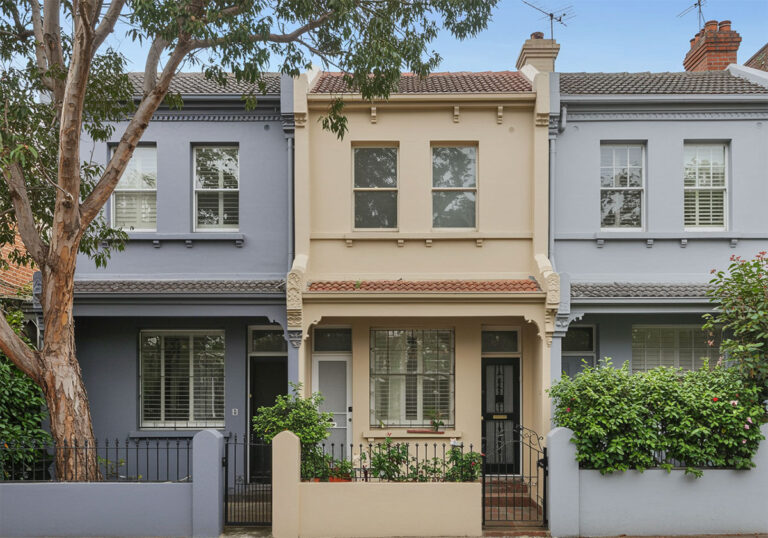It’s been said time and again – the battle with COVID-19 is being fought on two fronts – medical and economic.
Finding the correct balance between these two priorities will be regarded as one of our generation’s greatest challenges. We obviously want to protect as many Australians as possible, but we also need to ensure our economy isn’t sent to the wall.
One sector which has gained plenty of attention is real estate and, specifically, the relationship between landlords and tenants.
Finding a way to ensure contractual obligations are met while guaranteeing no-one is left financially bereft has become the subject of rushed legislation, political wrangling and long-winded social-media debate.
So let’s step back from the emotion for a moment and take a more clinical look at the issue.
What we know
While there were broad guidelines at a federal level that introduced a moratorium on rental evictions and a directive for landlords and tenants to negotiate on rent and lease terms, it’s been up to each individual state or territory to legislate the nitty gritty.
The NSW government confirmed a six-month moratorium on evictions. Preventing victions had been an important measure in dealing with tenants who wouldn’t fulfil their contractual obligations under a lease, so this does take a huge swathe of power out of the hands of property owners and managers.
That said, I’ve yet to meet a landlord who would force a decent tenant in genuine COVID-19 hardship out of their property. In short, we’re all human. So what are the options for negotiation?
If a rental household can demonstrate they’ve suffered a loss of 25 per cent of their income due to COVID-19, this paves the way to discussing rent reduction with their landlords.
It’s important to note that as per the legislation, any unpaid rent will accrue as arrears during this period, and will not automatically be waived unless agreed to by both parties.
Has this killed the rental market?
First up, we need to recognise that the current restrictions are in a moment in time.
In fact, as at the time of writing, the total number of new Cornovirus cases nationally over the past 24 hours was 13 and lockdown restrictions are easing sooner than previously expected.
Mind you, overall restrictions could be in place for months and many are concerned about a possible “second wave”.
Also the shutdown has already caused a great deal of economic hardships and our recovery will be a long term prospect – especially given international borders will remain closed for some time yet.
Median rents will likely fall in the near future. Some tenants are looking to negotiate their current rent downwards so this will contribute to a lowering of the median figure.In addition, the six-month eviction moratorium means reduced rents from these leases will be recorded over an extended period.
There may be less movement amongst tenancies as a result too, so demand and supply will both be thin. This means the number of new tenancy transactions is set to reduce in 2020.
But, although there will be pain over the short to medium term, I don’t believe the NSW rental market has been mortally wounded and the rental reductions won’t be dramatic to the point of mass housing sell offs by landlords.
In fact, I believe the rental market’s return to form will be strong once the full restrictions have been lifted.
For a start, housing is one of life’s fundamentals. Along with food and clothing, shelter is a primary survival necessity. As long as there are people needing a roof over their heads, there will be a demand for rental property.
There is also a deep desire among the population to get going again. Our economy will be focussed on domestic drivers until the eventual re-opening of international borders… but reopen they will. In the interim, the Government’s stimulus packages are providing short term relief for many.
Opportunity knocks
For those looking to invest over the coming months there is an obvious upside.
Property prices look set to soften, and while rents may also fall, overall yields will hold firm. Put it another way, you will probably still earn a similar rental income per dollar of the purchase price now as you did before the crisis.
This means for some investors, you can buy a property now at a reduced price, receive a relatively good rental income and expect strong value rises once restrictions are fully lifted.
Opportunities to invest counter cyclically like this don’t come along often. If you have the financial ability to invest now, it seems like the time is ripe to add to your portfolio and reap some excellent, long-term rewards.



